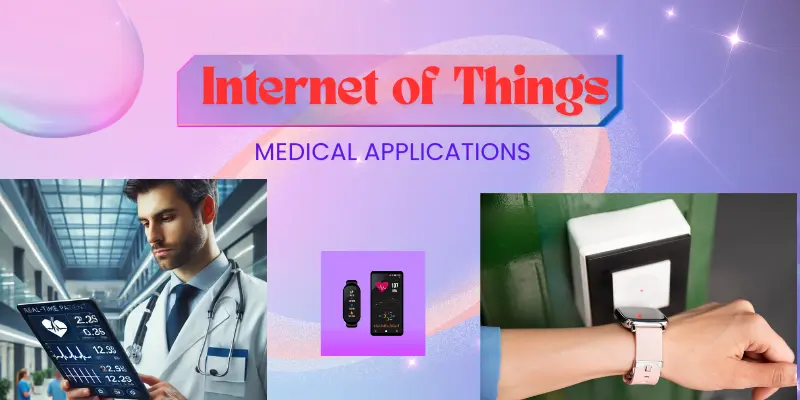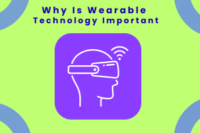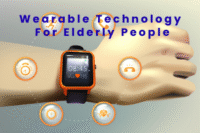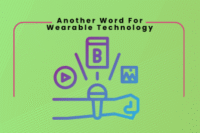Internet of Things Medical Applications
Published: 03 Mar 2025
Struggling to keep up with frequent hospital visits or worried about missing important health signs? Internet of Things (IoT) medical applications can help. With devices like smartwatches and remote monitors, patients can now track their health from home while doctors get real-time updates. No more unnecessary trips to the clinic—just smarter, more convenient care. Let’s see how IoT is solving these everyday healthcare challenges.
In this blog, we will discuss the benefits and challenges of the Internet of Things in healthcare applications.

How IoT is Used in Medicine
The Applications of the Internet of Things for the Medical Field are changing how we manage health. From wearable devices that track fitness to remote monitors that send real-time data to doctors, IoT makes healthcare smarter and more efficient. It’s helping patients stay healthy and doctors provide better care.
Here are some of the most important characteristics that show how IoT is used in medicine.
Wearable Devices
Wearable devices are IoT tools that help track health in real-time. They make it easy to monitor fitness and support health issues early.
- Smartwatches: Track heart rate, steps, and sleep patterns.
- Fitness Bands: Monitor physical activity and calories burned.
- Smart Glasses: Assist doctors with hands-free data during surgeries.
- Health Patches: Stick on the skin to track vital signs like temperature.
Remote Patient Monitoring
Remote patient monitoring uses IoT devices to send health data to doctors from home. This is one reason why IoT is important in healthcare—it helps patients avoid frequent hospital visits and allows doctors to track conditions in real-time.
- Blood Pressure Monitors: Send blood pressure readings to doctors.
- Glucose Monitors: Track sugar levels for diabetes patients.
- Pulse Oximeters: Measure oxygen levels in the blood.
- ECG Monitors: Check heart activity and send reports remotely.
Smart Hospitals
Smart hospitals use IoT to make healthcare faster and more efficient. These hospitals use connected devices to improve patient care and streamline operations.
- IoT Beds: Adjust automatically for patient comfort.
- Smart IV Pumps: Deliver medicine and send alerts if needed.
- Asset Trackers: Help locate medical equipment quickly.
- Connected Thermometers: Monitor patient temperature in real-time.
Internet of Things in Healthcare Applications Benefits and Challenges
The Internet of Things in healthcare applications brings exciting benefits like better patient care and cost savings, but it also faces challenges like data security and high costs.
Benefits of IoT in Healthcare
Here are some uses of IoT in the medical field:
- Better Patient Care: Doctors can monitor patients 24/7.
- Faster Diagnoses: Real-time data helps spot problems early.
- Cost Savings: Fewer hospital visits and shorter stays.
Challenges of IoT in Medicine
- Privacy Concerns: How to keep patient data safe.
- High Costs: Expensive devices and systems.
- Technical Issues: What happens if devices stop working?
IoT in Healthcare Examples
Here are some simple and clear examples of IoT in Healthcare:
- Example 1: Smart insulin pumps for diabetes patients.
- Example 2: IoT-enabled inhalers for asthma patients.
- Example 3: Connected pacemakers for heart patients.
Questions:
IoT helps in healthcare by connecting devices to collect and share health data in real-time. This allows doctors to monitor patients remotely, spot problems early, and provide faster, more accurate care. For example, wearable devices track heart rates, and smart inhalers help manage asthma, making healthcare smarter and more efficient.
IoT helps doctors by providing real-time health data from connected devices. This allows them to monitor patients remotely, make faster diagnoses, and offer personalized treatments. For example, IoT devices like heart monitors or glucose trackers send instant updates, saving time and improving patient care.

- Be Respectful
- Stay Relevant
- Stay Positive
- True Feedback
- Encourage Discussion
- Avoid Spamming
- No Fake News
- Don't Copy-Paste
- No Personal Attacks

- Be Respectful
- Stay Relevant
- Stay Positive
- True Feedback
- Encourage Discussion
- Avoid Spamming
- No Fake News
- Don't Copy-Paste
- No Personal Attacks



